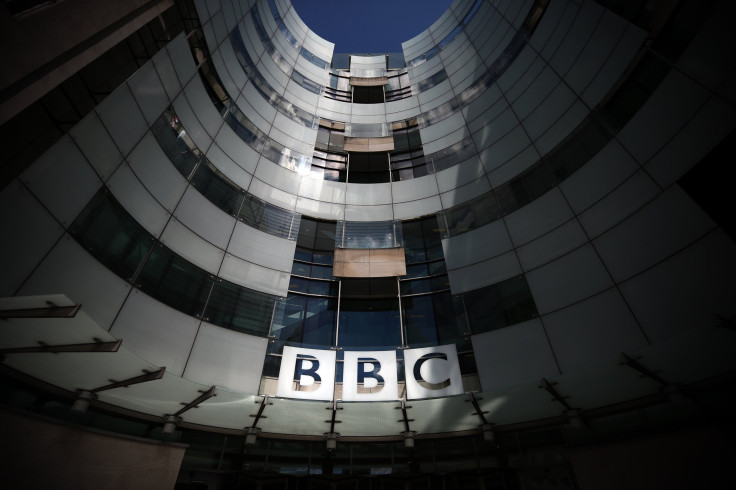Anti-ISIS Group Claims Responsibility For BBC Website Hack

A group of U.S.-based cyber hackers claimed it was behind an attack on BBC’s website on New Year’s Eve. The group, which called itself New World Hacking and claims to be working against the Islamic State group, said it had carried out the attack to test its capabilities.
On Thursday, BBC suffered an outage for about 4 hours. Initially, the news agency attributed that outage to a “technical issue” and later determined that the web attack was caused by a hacking technique known as a "distributed denial of service" (DDoS), which can knock a site offline by bringing more web traffic than it can handle.
While BBC was down, users who tried to navigate to the site saw the message: “The site could be temporarily unavailable or too busy.” The attack also grounded a range of BBC websites and also affected its iPlayer and iPlayer Radio services.
In a message to BBC technology correspondent Rory Cellan-Jones, the hacker group reportedly said: "We are based in the US, but we strive to take down ISIS affiliated websites, also ISIS members. ”
"It was only a test, we didn't exactly plan to take it down for multiple hours. Our servers are quite strong," the hacking group reportedly said about the BBC hack.
The BBC press office said it would not be commenting on the claims.
On the day of the attack, Campbell Murray, technical director at Encription Ltd, which advises British intelligence unit GCHQ on cyber security, had told local media that, “Any group or individuals intent on disrupting the BBC’s services would have to have considerable resources to do so."
“The perpetrators may well be political activists determined to interrupt the delivery of news via the BBC websites to gain attention for their cause," he added.
© Copyright IBTimes 2025. All rights reserved.




















